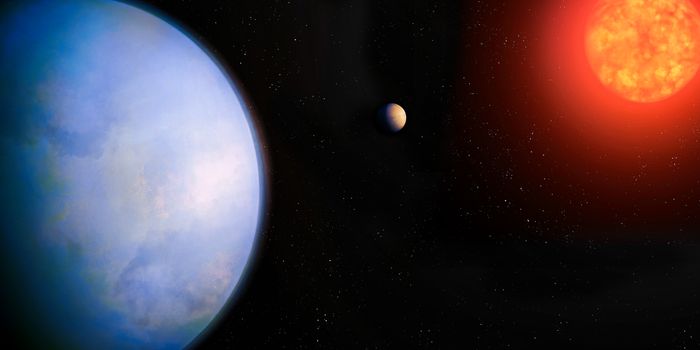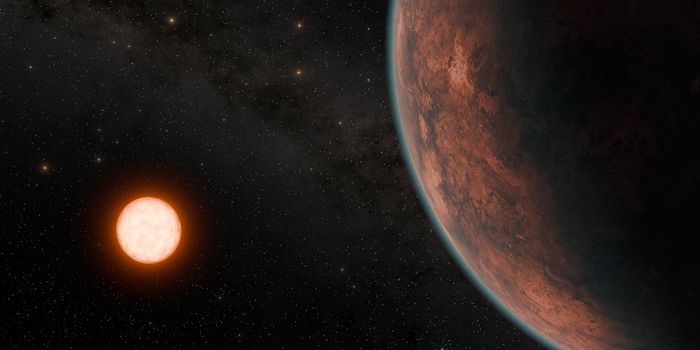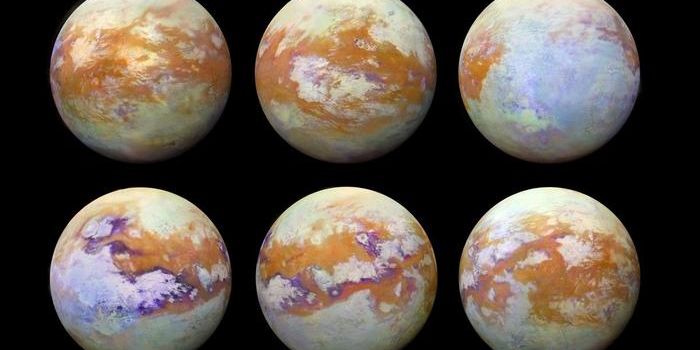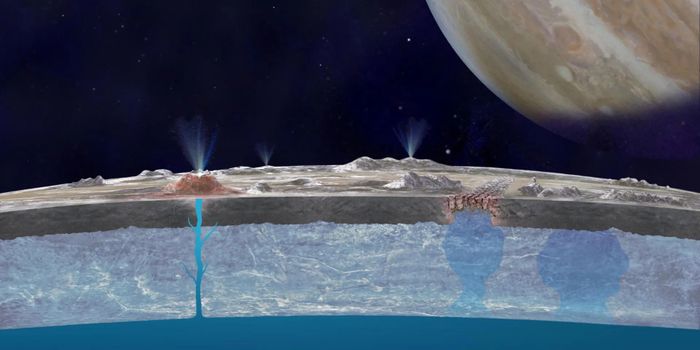What Hurricane Michael means for Florida's red tide
Hurricane Michael has brought devastation to the Florida panhandle and other parts of the southeastern US. At least 14 people died throughout Virginia, Florida, Georgia. and North Carolina. Winds gusted up to 155-miles per hour, leaving more than one million people without electricity. Recorded as the most powerful hurricane to hit the continental U.S. in over 50 years, Michael obliterated homes and destroyed communities. But was there a silver lining in this natural disaster?
Experts have commented that there is a possibility that Michael will help dissipate the red tide that has plagued Florida for almost a year now. The western coast of the state has seen a significant drop in visitors to the region because of health concerns (mostly respiratory) and the general “ick” factor of beaches lines with dead sea life.
According to Labroots, “Red tide in Florida is caused by algae called Karenia brevis, which live mostly in the Gulf of Mexico. When these algae die, they release neurotoxins which, when ingested, can kill fish and other marine mammals. The neurotoxins attack the nerve cells of the animals, often resulting in fatalities and even humans can get sick upon consumption of shellfish that have the toxins.” Florida’s tourism industry along the 145-mile stretch of Florida shoreline has also taken a hit as a consequence of the red tide’s persistence.
But of course, there is also the possibility that the hurricane hurts instead of helps the problem. “In the past, it’s gone either way,” says Tracy Fanara, a staff scientist at Mote Marine Laboratory in Sarasota.
One of the determining factors is how the storm affects water temperatures. If water temperatures decrease as a result of Michael, the growth of the algae could be impeded. But the hurricane could also mix up the algae and spread the red tide farther to areas that have not yet been impacted. Additionally, storm surges and flooding will likely worsen the red tide in the long run because overflowing sewage systems will put more nutrients into the ocean for the algae to feed on.
So, what will be the impact of Michael on Florida’s red tide? Only time will tell.








